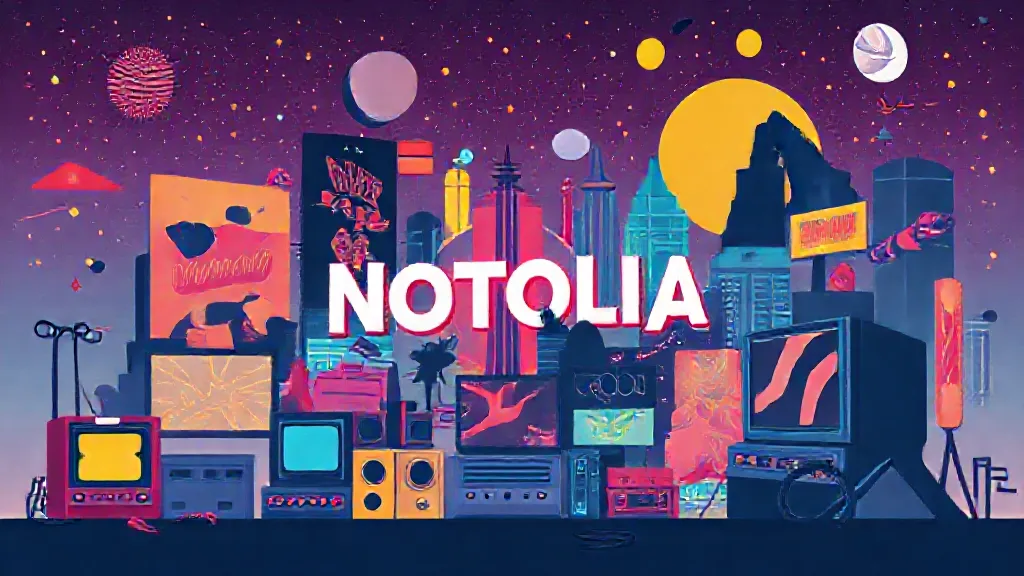Nostalgia, a complex emotional experience characterized by a sentimental longing for the past, has become a powerful force in shaping modern pop culture. From reboots of classic television shows to the resurgence of retro video games, nostalgia is not just a fleeting trend; it is a significant cultural phenomenon that reflects societal values, collective memories, and the desire for comfort in uncertain times. This article explores how nostalgia influences various aspects of contemporary entertainment, revealing its impact on film, television, music, and beyond.
The Rise of Nostalgic Reboots and Remakes
In recent years, Hollywood has increasingly turned to nostalgia as a source of inspiration. The success of reboots and remakes of beloved franchises, such as "Stranger Things," which channels the aesthetic and themes of the 1980s, exemplifies this trend. These productions not only cater to audiences who grew up with the original content but also introduce younger generations to past classics.
This dual appeal creates a unique cultural bridge, allowing for a shared experience across different age groups. The nostalgia factor often serves as a marketing tool, drawing in viewers with the promise of familiarity while simultaneously offering a fresh take on beloved narratives.
Music's Nostalgic Revival
The music industry has also seen a resurgence of nostalgia, with artists reviving sounds and styles from previous decades.
The rise of synth-pop and the revival of 90s R&B have become prominent in contemporary charts. Artists like Dua Lipa and Bruno Mars have incorporated retro influences into their music, evoking feelings of nostalgia while creating modern hits. This blending of past and present not only appeals to listeners' emotions but also reflects a broader cultural yearning for simpler times, particularly in the face of rapid technological advancements and societal changes.
Video Games: A Nostalgic Playground
The video game industry has embraced nostalgia through remastered versions of classic games and the revival of retro gaming consoles. Titles like "Final Fantasy VII Remake" and the re-release of the Nintendo Entertainment System (NES) have sparked interest among both veteran gamers and newcomers alike. This phenomenon highlights how nostalgia can drive consumer behavior, as players seek to relive their childhood experiences.
Furthermore, the integration of nostalgic elements into new games often enhances gameplay by providing familiar mechanics and aesthetics, thereby enriching the gaming experience.
Nostalgia in Advertising and Branding
Brands have recognized the power of nostalgia in marketing strategies, often leveraging it to evoke emotional responses from consumers. Advertisements that reference iconic moments from the past or utilize retro branding can create a sense of familiarity and trust.
For instance, Coca-Cola's campaigns that hark back to the 1980s and 90s resonate with older audiences while appealing to younger consumers through the novelty of retro aesthetics. This strategy not only strengthens brand loyalty but also taps into the collective memory, making products more relatable and desirable.
The Psychological Impact of Nostalgia
Psychologically, nostalgia serves as a coping mechanism for individuals facing the complexities of modern life.
Studies have shown that nostalgic memories can enhance mood, foster social connectedness, and provide a sense of stability. In times of uncertainty, such as during economic downturns or global crises, people often turn to nostalgic media for comfort. This emotional refuge reinforces the idea that nostalgia is not merely a passive longing for the past but an active means of navigating contemporary challenges.
Nostalgia and Cultural Identity
Nostalgia plays a crucial role in shaping cultural identity, as it allows individuals to connect with their heritage and shared experiences. In multicultural societies, nostalgic references can evoke a sense of belonging and community among diverse groups. For example, the revival of traditional festivals or the celebration of historical milestones through pop culture can strengthen cultural ties and promote inclusivity.
This aspect of nostalgia highlights its potential to bridge divides and foster understanding among different generations and backgrounds.
The Future of Nostalgia in Pop Culture
As we look to the future, the influence of nostalgia in pop culture shows no signs of waning. With advancements in technology, such as virtual reality and augmented reality, there are new avenues for experiencing nostalgia in immersive ways.
Future entertainment may blend past and present more seamlessly, allowing audiences to engage with their memories in innovative formats. This evolution suggests that nostalgia will continue to be a driving force in shaping the landscape of entertainment, influencing how stories are told and experienced.
Conclusion: Embracing the Power of Nostalgia
In conclusion, nostalgia is a multifaceted phenomenon that significantly shapes modern pop culture across various entertainment mediums.
Its ability to evoke emotional responses, connect generations, and provide comfort in uncertain times underscores its enduring relevance. As creators and marketers continue to harness the power of nostalgia, it will be essential to balance the celebration of the past with the innovation of the future, ensuring that nostalgia remains a meaningful part of our cultural narrative.
